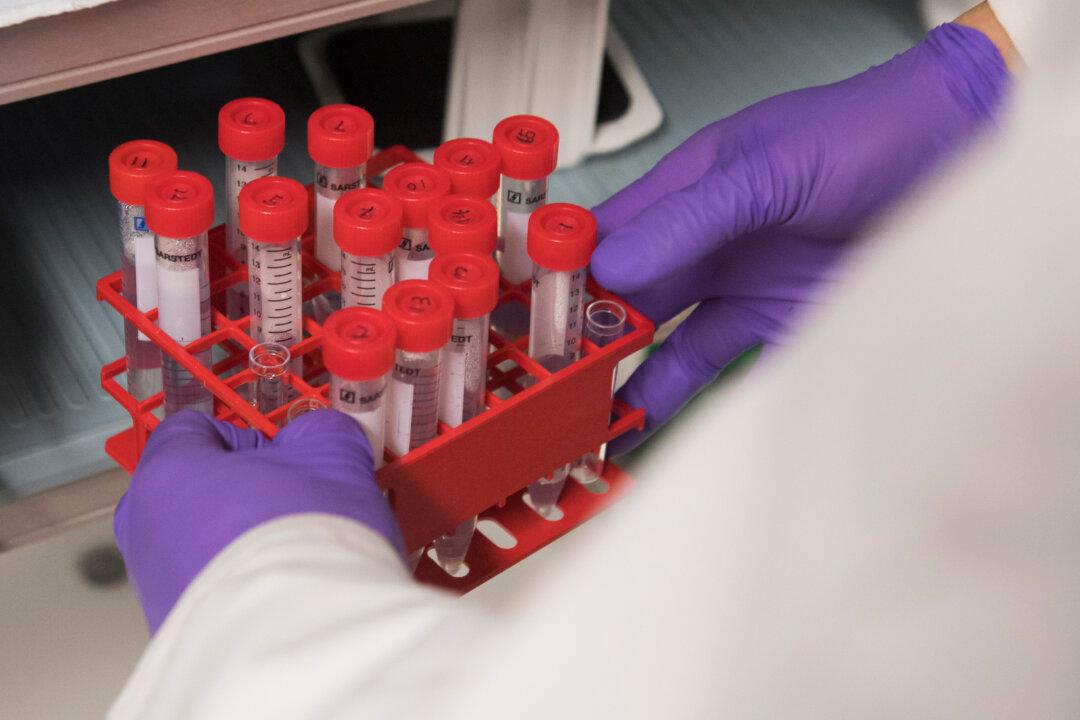Chinese hacker groups are targeting U.S. cancer research institutes as the regime looks to solve the problem of increasing cancer deaths in the country, according to a report released on Aug. 21.
In recent years, Chinese hackers linked to the regime have attacked organizations involved in cancer research on multiple occasions, according to the report by California-based cybersecurity firm FireEye.





